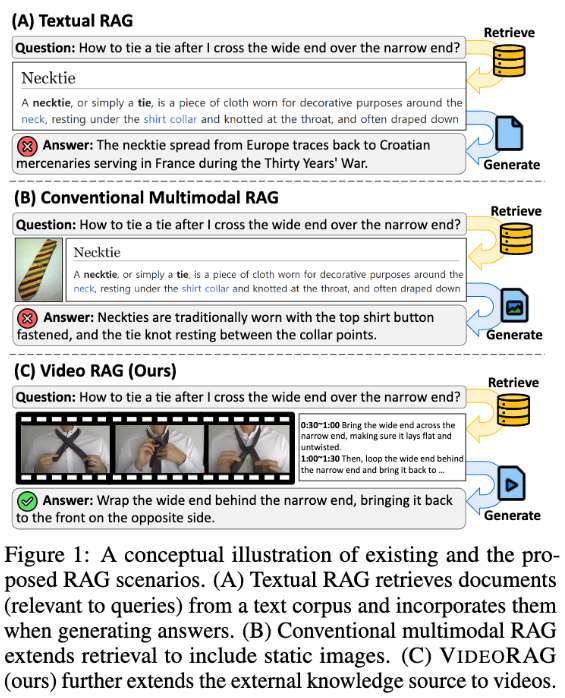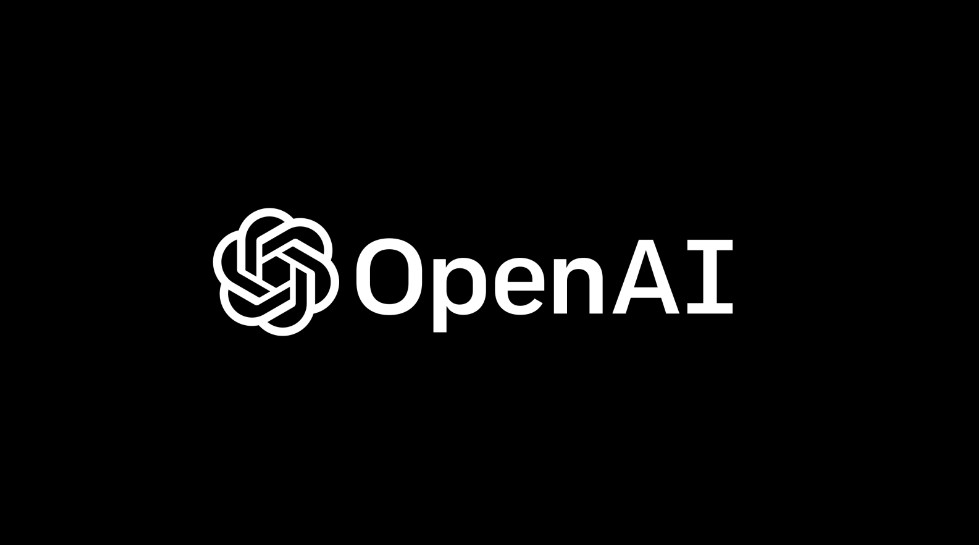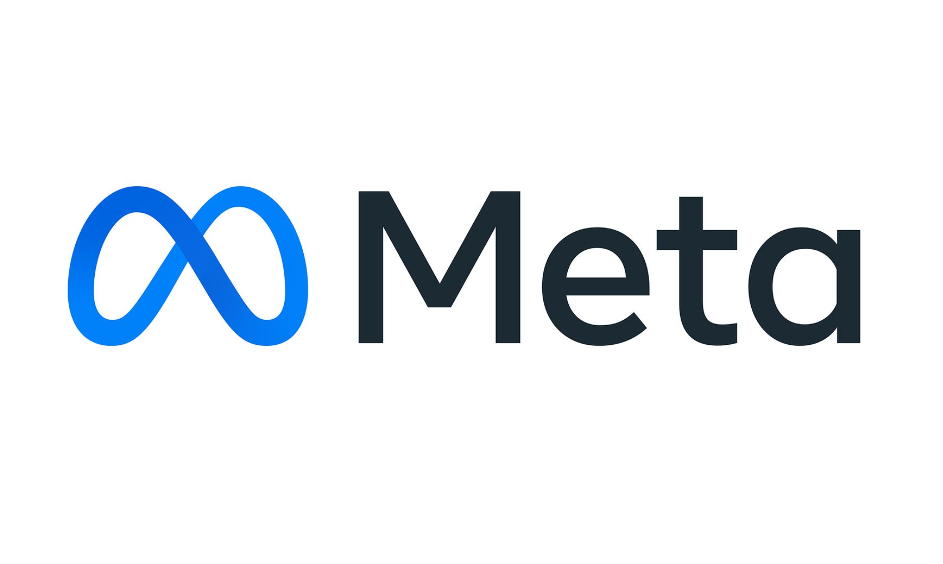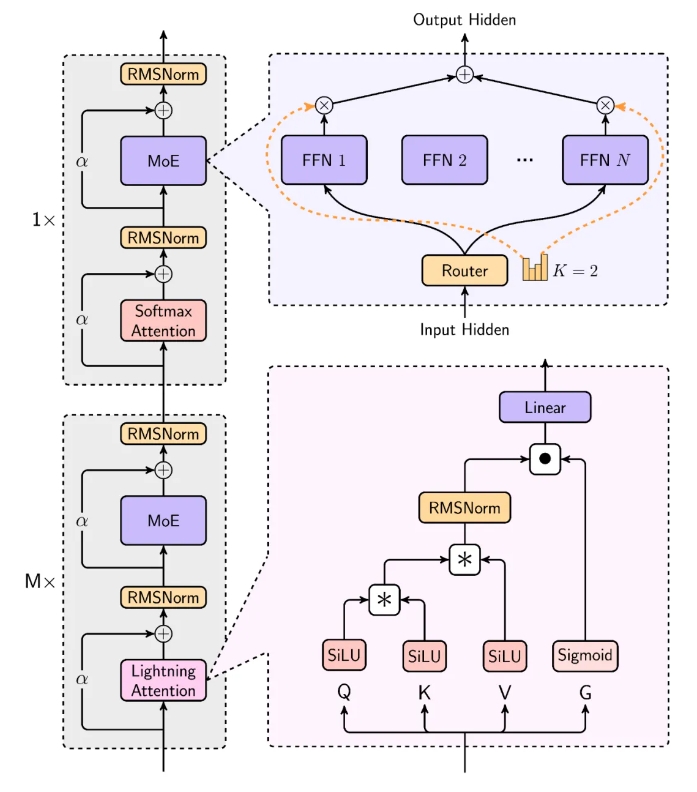The British government recently announced that it will invest heavily in the field of artificial intelligence (AI) and plans to increase public-controlled AI computing capabilities by 20 times by 2030. Prime Minister Keir Starmer said that this plan to "unleash" artificial intelligence aims to make the UK a leader in the global AI industry. Despite public concerns about the potential impact of AI, the government believes the technology could boost the economy by up to £470bn.
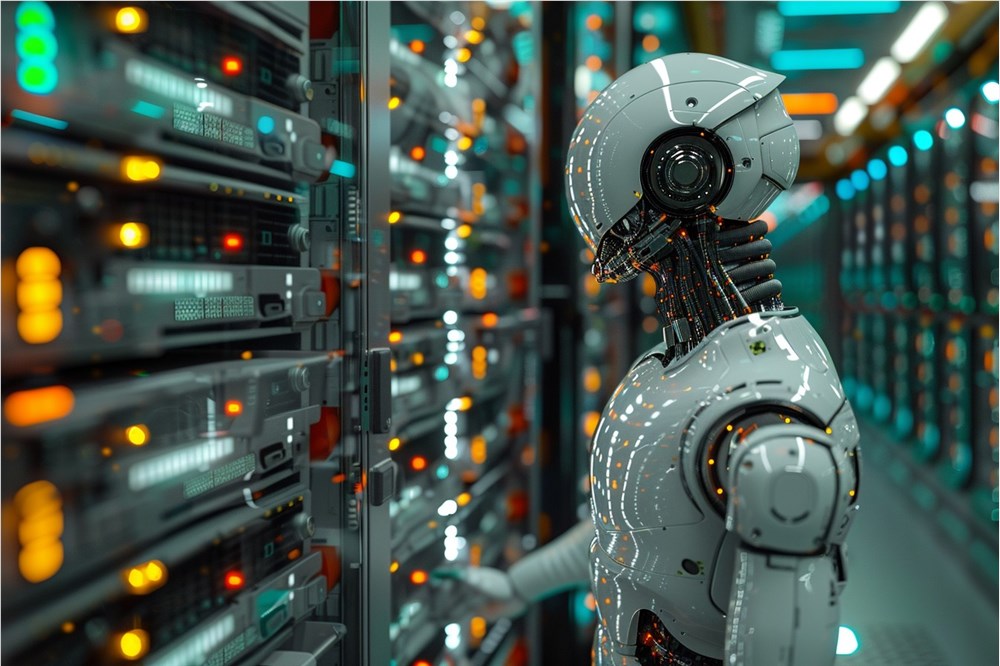
The government's action plan includes a controversial plan to unlock public data to promote the development of AI enterprises. This includes anonymized National Health Service (NHS) data, which will be used by "researchers and innovators" to train AI models. While the government promises there will be "robust privacy protections" and that the data will never be owned by private companies, experts have expressed concerns about the practice.
Driven by AI technology, the government hopes to improve Britain's slow economic growth and also plans to accelerate investment in small nuclear reactors to meet energy needs. The Prime Minister emphasized that AI will revolutionize all aspects of education, business operations and public services. He noted: "The AI industry needs a government that supports them. We cannot wait for opportunities to slip through our fingers."
According to the plan, the UK will set up its first AI growth zone, located near the Nuclear Energy Agency headquarters in Oxfordshire, which will provide rapid planning arrangements for data centers. In addition, the government will sign billions of pounds of contracts to build new public computing capabilities, including microchips, processing units and memory devices.
Although technology companies have welcomed the plan, some social experts have warned that AI may have far-reaching impacts on employment, society and the environment, calling on the government to develop a more comprehensive regulatory framework to ensure public trust and safety. At the same time, governments face the challenge of balancing innovation with public protection.
AI courses are suitable for people who are interested in artificial intelligence technology, including but not limited to students, engineers, data scientists, developers, and professionals in AI technology.
The course content ranges from basic to advanced. Beginners can choose basic courses and gradually go into more complex algorithms and applications.
Learning AI requires a certain mathematical foundation (such as linear algebra, probability theory, calculus, etc.), as well as programming knowledge (Python is the most commonly used programming language).
You will learn the core concepts and technologies in the fields of natural language processing, computer vision, data analysis, and master the use of AI tools and frameworks for practical development.
You can work as a data scientist, machine learning engineer, AI researcher, or apply AI technology to innovate in all walks of life.
